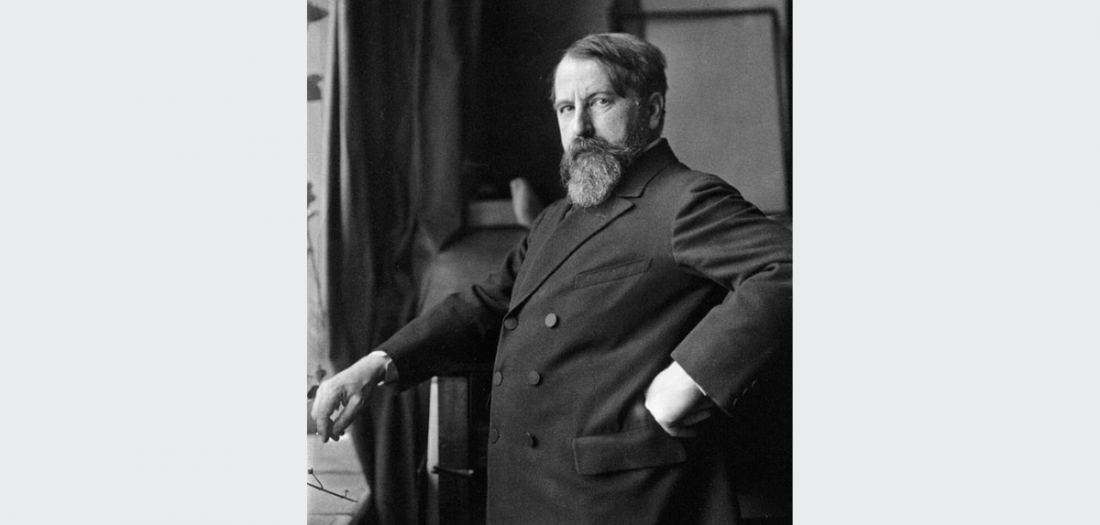Arthur Schnitzler Digital Presents One of the Author’s Most Brilliant Works: "Ich"
New work now online
20.12.2024 | General, Project News

"Ich" is considered one of the most brilliant works by Austrian author Arthur Schnitzler. This short story follows the life of a dutiful office clerk who, during his routine walk through a Viennese park, encounters a wooden sign bearing the word “Park.” Initially questioning the purpose of such a sign, he becomes so convinced of the necessity of clear linguistic order that he develops an obsessive compulsion to label everything around him with handwritten notes. Through the story of Mr. Huber, the novella opens up more or less ironic connections to the widespread “crisis of the subject” and “language crisis” of the period around 1900, as researchers explain.
Schnitzler´s Version
Schnitzler’s prose piece, which he never approved for publication during his lifetime, has been posthumously released in various versions since 1968. Now, for the first time, it appears in Schnitzler’s final version, documenting the authentic state of the preserved typescript, complete with all the author’s handwritten corrections and annotations.
As part of the Wuppertal edition, the precise genesis of the text, along with all surviving documents related to the work—including an initial sketch and a handwritten manuscript—are presented in detail.
The newly published online version of the complete edition, available at www.schnitzler-edition.net, also introduces revisions and updates affecting all works previously edited under the Arthur Schnitzler Digital project. For the first time, unpublished sources are presented, vividly illustrating the development, reception, and adaptation history of individual works. These sources are now available as a new category on the interactive timeline ("Chronology") for each work.
More Background on the Research Project
The research project Arthur Schnitzler Digital. Digital Historical-Critical Edition (Works 1905–1931) is a collaboration of scholars from the University of Wuppertal, the University of Cambridge, and University College London, in cooperation with the Cambridge University Library, the German Literature Archive in Marbach, the Arthur Schnitzler Archive in Freiburg, and the Trier Center for Digital Humanities.
The German subproject, launched in 2012 and funded by the North Rhine-Westphalian Academy of Sciences and Arts as part of its Academies Program, focuses on editing Schnitzler’s works from 1914 onward.

